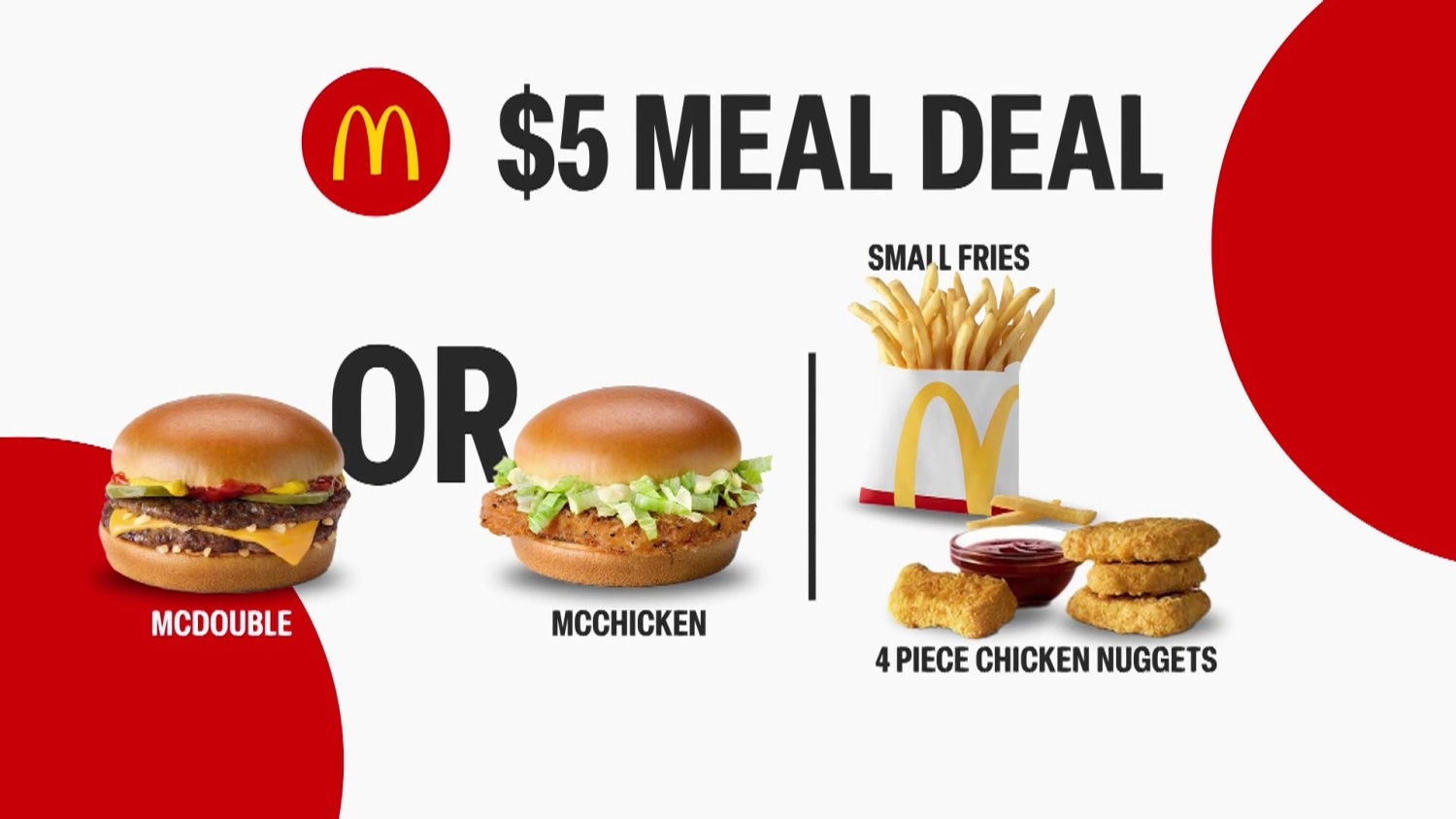Online Banking vs. Traditional Banking: Which Is Right for You?
In today’s digital age, banking has evolved significantly, offering consumers a variety of options to manage their finances. Among these options, online banking and traditional banking stand out as the two primary methods for handling personal and business finances. This article will explore the advantages and disadvantages of both online and traditional banking, helping you determine which is best for your financial needs. This article is published by Dealnew, a resource dedicated to helping you navigate the complexities of modern finance.
Understanding Online Banking
Online banking allows customers to conduct financial transactions via the Internet. Most banks and financial institutions offer online banking services, enabling users to manage their accounts, pay bills, transfer money, and even apply for loans without visiting a physical branch.
Advantages of Online Banking
-
Convenience: Online banking is accessible 24/7 from anywhere with an internet connection. This means you can check your balance, transfer funds, and pay bills at any time without the constraints of traditional banking hours.
-
Lower Fees: Many online banks have lower fees compared to traditional banks. They often have fewer overhead costs due to the absence of physical branches, allowing them to pass on savings to customers.
.png)
-
User-Friendly Interfaces: Most online banking platforms offer intuitive interfaces and mobile apps that make it easy to navigate your finances. Features like budgeting tools and spending insights can help you manage your money more effectively.
-
Fast Transactions: Online banking allows for quick transactions, including immediate transfers and bill payments, which can be especially beneficial for those needing to manage cash flow efficiently.
-
Robust Security Measures: Many online banks invest heavily in cybersecurity, implementing advanced encryption and fraud detection systems to protect customer data.
Disadvantages of Online Banking
-
Limited Personal Interaction: One of the most significant drawbacks of online banking is the lack of face-to-face interaction. This can be a disadvantage for individuals who prefer personalized service or need assistance with complex financial matters.
-
Technical Issues: Online banking relies on technology, which can sometimes fail. Internet outages, server issues, or software glitches can prevent access to your account when needed.
-
Less Cash Accessibility: Online banks usually lack ATM networks or physical locations, which can make accessing cash more challenging.
-
Potential for Cybersecurity Risks: While online banks invest in security, customers are also responsible for safeguarding their information. Phishing attacks and other online scams can pose risks if users are not vigilant.
Understanding Traditional Banking
Traditional banking involves banking services offered through physical branches. This includes services such as checking and savings accounts, loans, and financial advice provided face-to-face by bank representatives.
Advantages of Traditional Banking
-
Personalized Service: One of the most significant benefits of traditional banking is the ability to speak directly with a representative. This can provide peace of mind, especially for those who prefer a personal touch or have complex financial needs.
-
Physical Locations: Having a physical branch nearby allows customers to conduct transactions in person, making it easier to deposit cash, withdraw funds, and receive immediate assistance.
-
Established Trust: Many people feel more secure with traditional banks due to their long-standing presence in the community and established reputation.
-
Comprehensive Services: Traditional banks often offer a wider range of services, including investment advice, wealth management, and other financial services that may not be available with online-only banks.
-
Cash Transactions: Traditional banks allow for easy cash deposits and withdrawals, making them ideal for individuals who frequently use cash or need immediate access to funds.
Disadvantages of Traditional Banking
-
Limited Hours: Traditional banks typically have set hours, making it inconvenient for those who need to conduct transactions outside of these times.
-
Higher Fees: Many traditional banks charge higher fees for account maintenance, overdrafts, and other services compared to online banks.
-
Time-Consuming: Visiting a physical bank can be time-consuming, especially if there are long lines or if you need to wait for a representative.
-
Less Technological Innovation: While many traditional banks are investing in technology, they may not offer the same level of user-friendly online services and features as dedicated online banks.
.png)
Key Differences Between Online and Traditional Banking
Understanding the key differences between online and traditional banking can help clarify which option is more suitable for your financial habits and preferences.
-
Accessibility: Online banking is available 24/7, while traditional banking operates on set hours.
-
Personal Interaction: Traditional banking offers face-to-face service, whereas online banking relies on digital communication.
-
Fees: Online banks typically have lower fees, while traditional banks may charge more for account maintenance and services.
-
Cash Handling: Traditional banks provide easy access to cash, whereas online banks may have limited options for cash transactions.
-
Technology: Online banks often offer more innovative technology solutions and user-friendly interfaces compared to traditional banks.
When to Choose Online Banking
-
Tech-Savvy Individuals: If you're comfortable with technology and prefer managing your finances online, online banking is likely the best choice.
-
Busy Lifestyles: For those with hectic schedules who need banking services outside traditional hours, online banking provides the flexibility and convenience necessary to manage finances on the go.
-
Cost-Conscious Consumers: If minimizing fees is a priority, online banks often provide lower account maintenance fees and no minimum balance requirements.
-
Frequent Travelers: Online banking is an excellent option for those who travel frequently, as it allows you to access your funds from anywhere in the world.
When to Choose Traditional Banking
-
Preference for Personal Service: If you value face-to-face interactions and personalized assistance, traditional banking may be the better fit for you.
-
Complex Financial Needs: For individuals with complex financial situations, traditional banks can provide comprehensive services and advice tailored to your needs.
-
Cash Transactions: If you frequently deal in cash or need immediate access to physical branches, traditional banking may be more convenient.
-
Building Trust: If you prefer to work with a bank that has a longstanding reputation in your community, traditional banking can provide reassurance and trust.
Conclusion
The choice between online banking and traditional banking ultimately depends on your financial habits, preferences, and needs. Online banking offers convenience, lower fees, and 24/7 access, making it ideal for tech-savvy individuals and those with busy lifestyles. On the other hand, traditional banking provides personalized service, easy access to cash, and comprehensive financial advice for those who value face-to-face interactions.
Regardless of your choice, it’s essential to assess your financial needs carefully and select the banking option that aligns best with your lifestyle. For more insights into banking and financial management, be sure to explore the resources available at Dealnew, where you can find valuable information to help you navigate your financial journey.
LATEST

Last updated: Apr 24, 2025
.jpg)
Last updated: Sep 9, 2024

Last updated: Aug 29, 2024

Last updated: Apr 24, 2025

Last updated: Sep 10, 2024

Last updated: Sep 9, 2024
